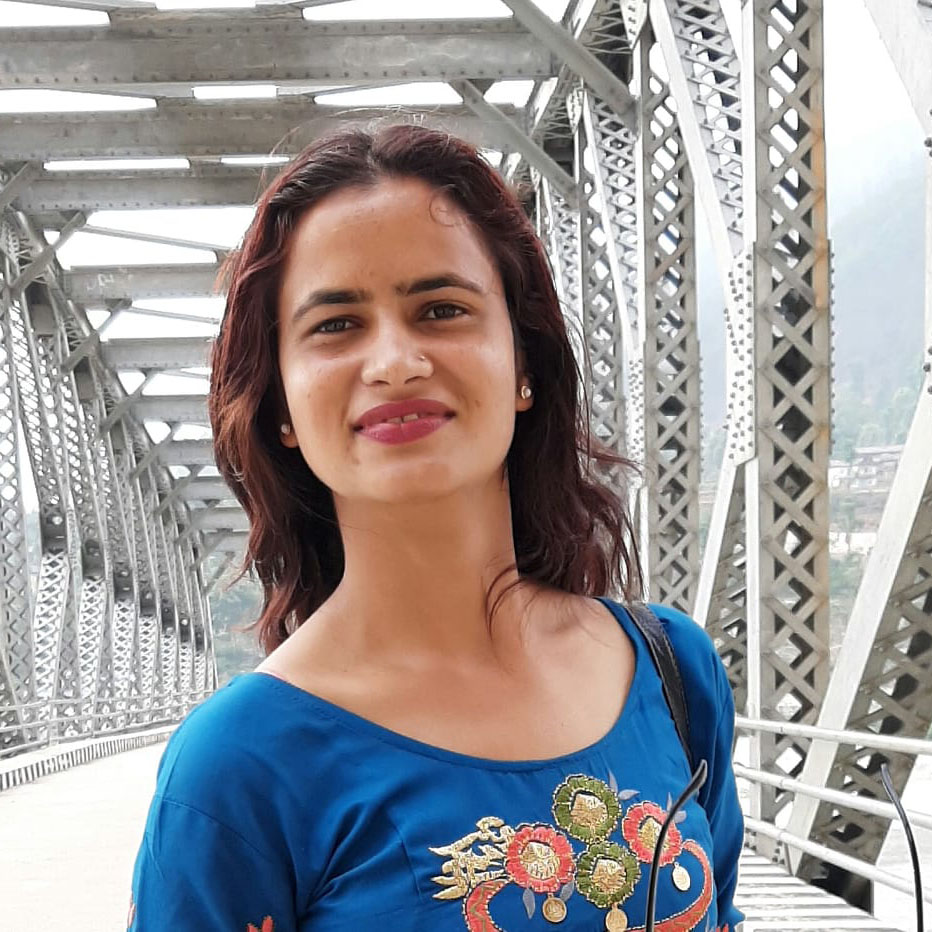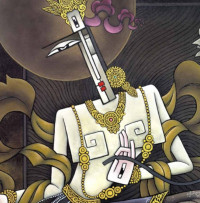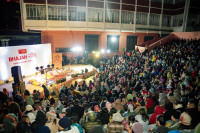Culture & Lifestyle
Keeping the Deuda tradition alive
Niruta Khatri pursued her passion for Deuda music and is working to revitalise the fading art form. She had to overcome a challenging upbringing and family doubts to do so.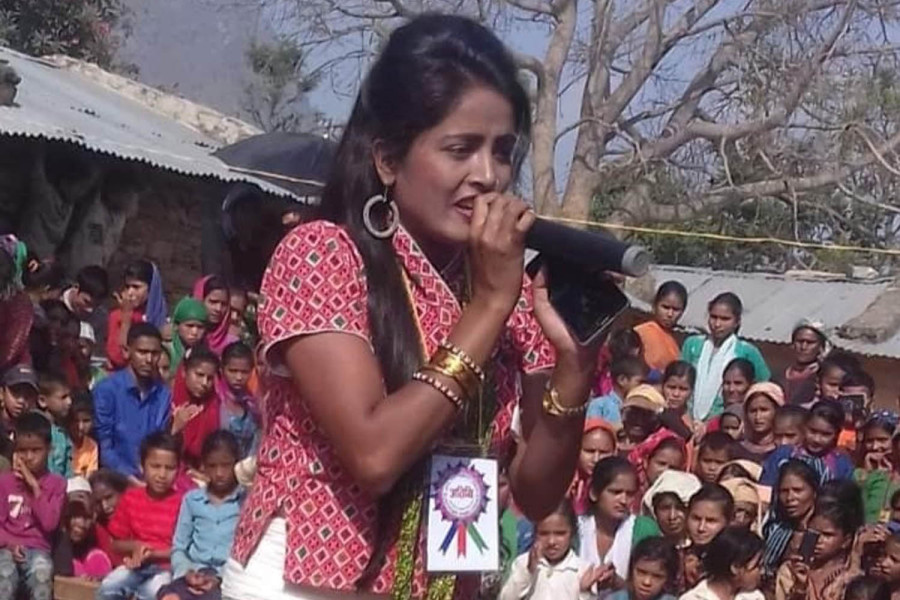
Menuka Dhungana
We often hear Nepalis abroad deeply cherish their homeland despite the inevitability of living in foreign lands, distant and often cold. This sentiment of longing and isolation can be described in two lines of a Deuda song:
‘Ja ghar ko samachar leiya, maal jaanya kaag
Pardeshi hu, pardeshai chhu, pardesh mero bhag’
(Bring the news of home, oh, crow, the messenger
I’m a dweller of foreign lands, where I am destined to be)
These words encapsulate the emotions of people from the Far West and Karnali regions, scattered worldwide, who fondly recall Nepal through Deuda songs. Among them is Niruta Khatri, a 27-year-old singer from Dhakari Rural Municipality Ward 2 of Achham. Raised in a remote village, she stands as possibly the first Achhami female singer to gain recognition both nationally and internationally for her Deuda songs. In an era where younger singers show little interest in traditional Deuda songs, artists like Khatri are revitalising this fading art form.
Hailing from a humble background, the singer had a challenging upbringing. When Khatri was in the eighth grade, her mother became paralysed and bedridden. Despite having three brothers and two sisters, she took charge of the household responsibilities, attending school only after completing all the chores. This shows how persevering she has been all her life.
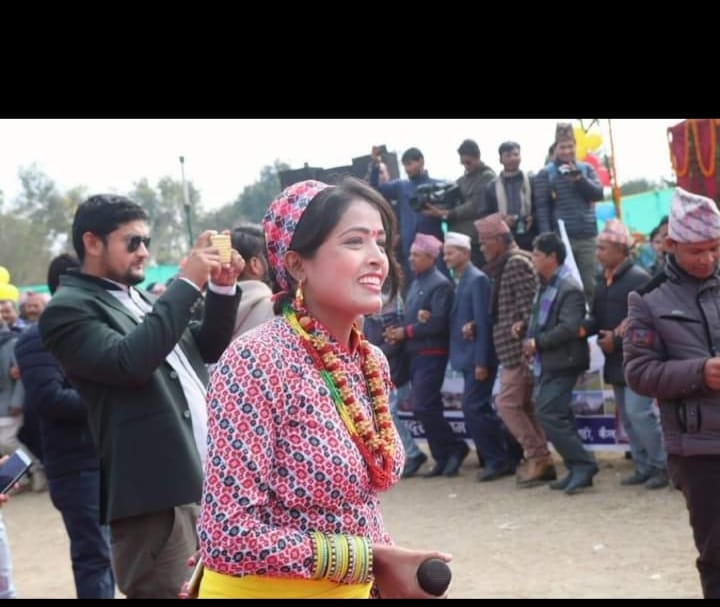
Khatri’s impact in the Deuda and folk music industry is substantial; she has lent her voice to over 500 songs, many of which are available on YouTube. Growing up, her interests weren’t limited to just singing; she was also deeply passionate about volleyball. Her team clinched the top spot in the President Running Shield competition in 2010. This victory filled her with hope, fuelling dreams of a future in sports. However, the reality of living in a remote village meant there were limited opportunities for advancement. The financial struggles of her family weighed heavily on her, leading her to let go of her aspirations reluctantly. “I used to dream about playing volleyball professionally,” she reflects, “But the confines of our village offered no path to excel. My family’s situation pained me deeply, so I had to abandon my dreams.”
After completing her SLC (now SEE), Khatri contemplated a career in radio. A radio station in Achham offered basic journalism training and a guaranteed job afterwards. Despite disagreements within her family, she made a challenging seven-hour journey on foot to attend the training in Managlsen. “It felt like a massive achievement,” she recalls, reflecting on those early days. “With no family support, I pondered deeply on how to return to the village if I were to fail the training.”
Fortunately, after the week-long course, she immediately started working at the radio station. This marked the beginning of her professional journey. Hosting musical programmes and Deuda-centric shows in the Achhami language, she found her love for Deuda music flourishing.
“Broadcasting Deuda programmes in the Achhami language, engaging in dohori with radio callers, ignited my journey into Deuda singing,” she explains. “After spending two years at an FM station in Achham, I moved to Doti and continued similar work. It was during this time that I became more deeply involved in my singing,” she shares. However, opportunities didn’t come knocking; Khatri had to actively search for openings, knocking on many doors to make her mark in the industry.
One day, she got an opportunity to visit Kathmandu. “On that visit, with the support of artists from Achham, I recorded a song and returned to the village.” Even after recording songs, her family still didn’t have faith in her future aspirations. However, her life took a turn when she sang that song, opening doors to new opportunities. From that moment, she dedicated all her time to her passion.
She explains that Deuda songs about love, affection, happiness and sorrows have gained immense popularity. Her compositions have struck a chord with fans of the genre.
In 2019, Khatri performed in various events in Qatar, India and Nepal. She was even invited to Korea by the Far West Society Korea for a performance. The singer reveals that being recognised as a Deuda singer makes her very happy.




 16.12°C Kathmandu
16.12°C Kathmandu